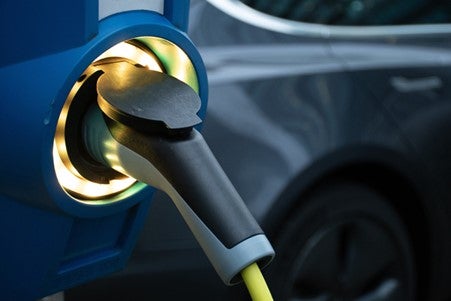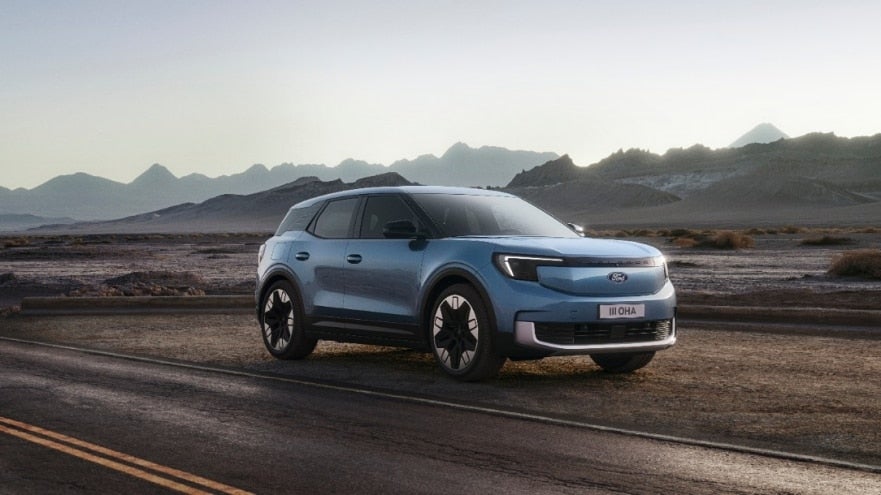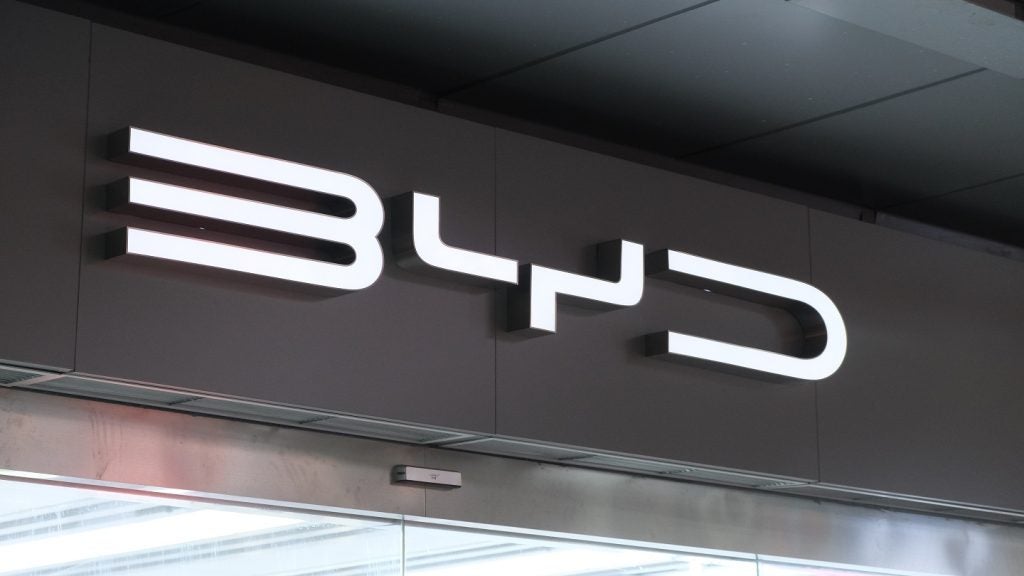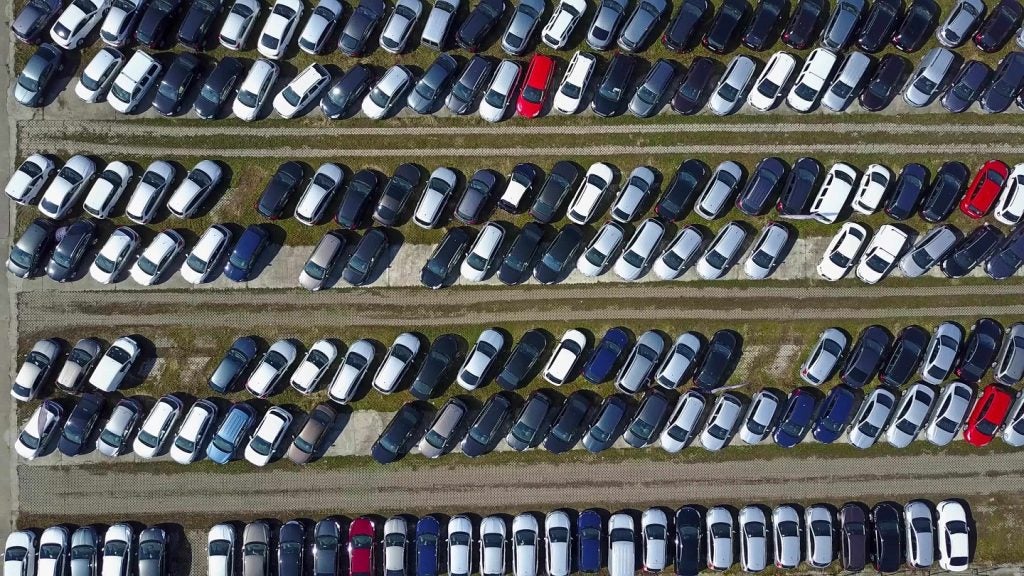
Ford announces new partnership with Octopus Energy in Great Britain and Tibber in Germany, the Netherlands and Norway, that will enable Ford customers to charge their EVs using energy tariffs specifically designed to enhance the ownership experience.
Developed to support Ford’s expanding EV line-up, the opportunities will initially be available from early 2024 to drivers of Ford Mustang Mach-E, followed by the new Ford Explorer when it arrives later in the year.
The new Dynamic Charging feature is designed to enable Ford EVs to communicate with the energy providers’ intelligent supply networks.

According to a statement by the company, owners of compatible models will be able to plug in their vehicle, input their desired state-of-charge and departure time using a smartphone app and simply get on with their day – safe in the knowledge that their battery will be automatically charged using tariffs designed to maximise cost savings and the use of renewable energy.
Martin Sander, general manager of Ford Model e Europe: “Our new energy initiative is another milestone on our journey to offer a new generation of all-electric vehicles built for a connected world while providing truly outstanding customer experiences”.
“We’ve specifically chosen to work with energy providers that share our disruptor mindset and that customers can rely on to deliver leading rates for charging with renewable electricity, so that their EV will be ready to go when they are.”
How well do you really know your competitors?
Access the most comprehensive Company Profiles on the market, powered by GlobalData. Save hours of research. Gain competitive edge.

Thank you!
Your download email will arrive shortly
Not ready to buy yet? Download a free sample
We are confident about the unique quality of our Company Profiles. However, we want you to make the most beneficial decision for your business, so we offer a free sample that you can download by submitting the below form
By GlobalDataFord research indicates up to 87 per cent of Mustang Mach-E drivers charge their vehicle at home, and that the cost of energy used is the most significant consideration when charging.
According to the company, Ford’s new energy services have the potential to benefit EV owners whether charging during day or night. The connected technology can automatically optimise charging to make use of cheaper off-peak electricity at night, and lower energy prices created by peak supply of renewable energy including solar during the day.
In Great Britain, Octopus Energy’s energy services business, Octopus Energy Services, will be the preferred installer of Ford customers’ home charge points.
Michael Cottrell, partnerships director at Octopus Energy said: “With every electric car that takes the road, we’re getting closer to zero emissions transport – but to reach the finish line, we need to make green driving cheap and accessible.”
“Our smart tariffs allow drivers to tap into cheap renewable power, potentially saving drivers hundreds of pounds a year while doing their bit for the planet.”
Ford will offer ten electric vehicles in Europe by 2025, including Explorer, Mustang Mach-E, F-150 Lightning, Puma, E-Transit, E-Transit Custom, E-Transit Courier, E-Tourneo Custom, E-Tourneo Courier and a further mid-size crossover, and plans to roll out its energy services to further electric products through 2024 and beyond.
The company last year announced that it will shift its entire line-up of passenger and commercial vehicles in Europe to 100 per cent electric by 2035.
Ford is also targeting carbon neutrality across its European footprint of facilities, logistics and direct suppliers by 2035; plans for more than half its global production to be EVs by 2030; and is targeting carbon neutrality globally no later than 2050.
Earlier this year, Ford opened the Ford Cologne Electric Vehicle Center (CEVC), Germany. The facility will produce a new generation of electric passenger vehicles for European markets, starting with the new Ford Explorer.







